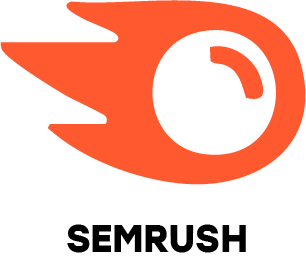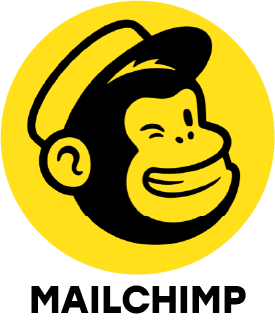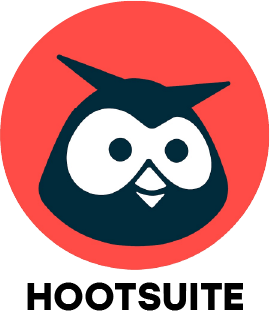1. What is the difference between these two traditional and digital marketing?
Ans:
Internet-based promotion of products and services is known as digital marketing. channels like websites, search engines, social media, email, and mobile apps. Unlike traditional marketing (TV, print, radio), it is more interactive, measurable, cost-effective, and allows for real-time audience targeting and performance tracking.
2. What’s the difference between SEO and SEM?
Ans:
SEO helps websites rank organically in search engines without paying, while SEM involves paid advertisements to appear on top. SEO offers long-term growth and SEM provides instant visibility.
3. How do you measure the success of digital marketing campaign?
Ans:
I evaluate performance using metrics like traffic, CTR, conversions and ROI to see whether the campaign met its business objectives.
4. What tools do you use for keyword research and SEO analysis?
Ans:
Use tools such as Ahrefs, SEMrush, Google Keyword Planner and Ubersuggest to find high ranking keywords and assess SEO performance.
5. Can you describe a successful campaign you’ve worked on?
Ans:
Yes, I managed a campaign using Facebook and Google Ads that increased lead generation by optimizing targeting, improving landing pages and tracking conversions effectively.
6. How do Google Ads work, and what should you track in a PPC campaign?
Ans:
Businesses pay on keywords using Google Ads' pay-per-click business model. Impressions, clicks, CTR, CPC and conversions are important metrics to monitor.
7. Why is Quality Score important in Google Ads?
Ans:
A good Quality Score helps reduce ad costs and improves ad placement. Its based on keyword relevance, ad quality and user experience.
8. How can you boost engagement on a brand social media page?
Ans:
Increase engagement by posting consistently, using visuals, interacting with followers, running promotions and analyzing top performing content.
9. What are key elements of strong email marketing strategy?
Ans:
Effective email marketing includes building targeted lists, crafting catchy subject lines, personalizing messages and tracking open and click rates.
10. How do you keep up the most recent developments in digital marketing?
Ans:
Follow expert blogs like Moz and Neil Patel, attend webinars, watch tutorials and stay informed about new tools and Google algorithm updates.

























